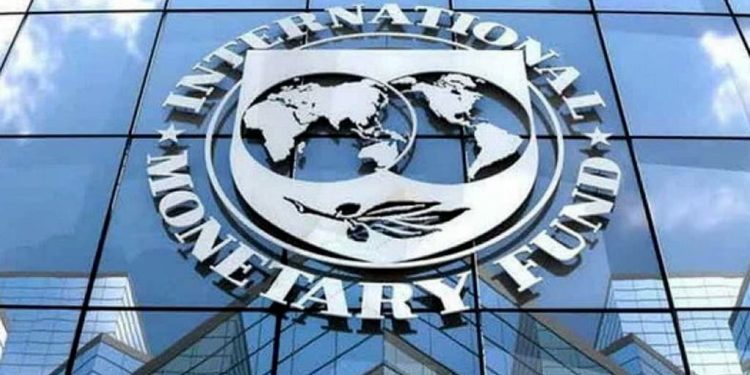As external commercial finance remains out of reach, Kenya is attempting to acquire extra resources in the form of loans from the International Monetary Fund (IMF).
Patrick Njoroge, the governor of the Central Bank of Kenya (CBK), believes that the multilateral lender should intensify its assistance for developing and frontier economies to help close funding gaps brought on by recent global shocks.
“We didn’t get all the external resources from the markets that we were supposed to. We would need new inflows that could immediately aid us. A doubling or tripling of access is something that should be put on the table,” Njoroge stated during a discussion at the IMF Annual Meetings in Washington, DC, on Thursday last week,
According to Dr Njoroge, Kenya has submitted the plan to the IMF but has expressed dissatisfaction with how quickly it is being reviewed.
Kenya Set To Benefit From IMF Funding To Curb Food Crisis
Kenya has been unable to secure external financing from commercial sources, including issuing sovereign bonds (Eurobonds) and syndicated loans at higher interest rates, including big swings in yields on issued Kenyan sovereign bonds.
“Financial markets have become dysfunctional. We have been shut from the capital markets as we are unable to borrow at appropriate rates,” he added.
Kenya missed out on the chance to issue a Eurobond and a syndicated loan in the fiscal year that concluded on June 30, 2022, which left a gap in the financing of its 2021–2022-budget.
Kenya is currently a part of a 38-month IMF programme that would see it get Ksh283.5 billion ($2.34 billion) in total by mid-2024.
Midway through July, the IMF concluded its third evaluation of the programme; Ksh146.4 billion ($1.208 billion) had been spent on budget support.
Email your news TIPS to editor@thesharpdaily.com
















